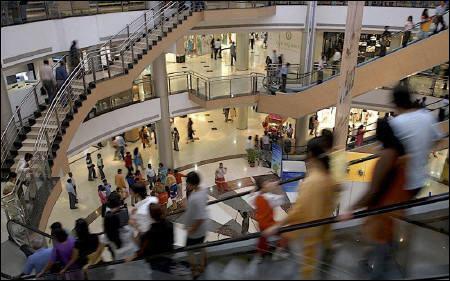
The retail sector, where the government permitted foreign direct investment in multi-brand, courted controversies during the year with several opposition parties making it a political issue in Parliament.
Even before its entry into multi-brand retail, the global chain Wal-Mart was grappling with various issues, including spending money in the US on lobbying for entry into India.
Adding action to the drama was Swedish furniture chain IKEA's hectic bargaining with the government over sourcing clauses for its foray into the Indian market with plans to invest Rs 10,500 crore (Rs 105 billion), the largest FDI in single-brand retail so far, and the alleged Rs 870 crore (Rs 8.7 billion) fraud in Reebok India by its two top executives.
. . .
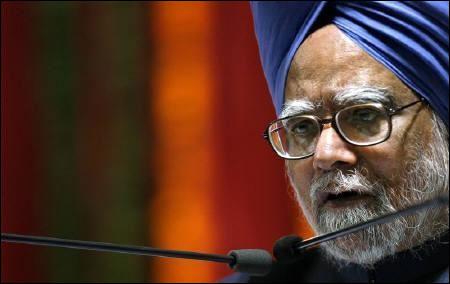
The year started on a sombre note for the sector, with the lingering effect of the decision to put on hold relaxation of FDI in retail in 2011.
After battling stiff political opposition, the government allowed 51 per cent FDI in multi-brand retail in September this year, but left it to the states to permit global retailers to open stores.
The government also gave its go ahead for 100 per cent FDI in single-brand retail from 51 per cent earlier.
The sourcing norms for FDI exceeding 50 per cent in single brand retail was also tweaked, changing the previous 'mandatory' sourcing requirement of 30 per cent of items from micro, small and medium enterprises to 'preferably' from MSMEs.
. . .
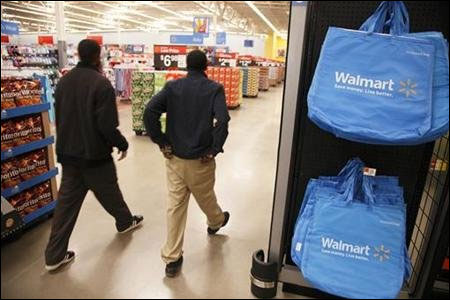
It, however, required foreign firms that wanted relaxation of the 30 per cent procurement norms to set up manufacturing facilities in India.
The step to let FDI in multi-brand retail didn't go down well with Opposition parties and erstwhile United Progressive Alliance ally Trinamool Congress, which decided to withdraw support from the government over the issue and others, including hike in diesel prices.
The issue stalled proceedings of Parliament till the government agreed to a voting on allowing of FDI in multi-brand retail that it managed to win, thanks to the abstention of Samajwadi Party and Bahujan Samajwadi Party.
. . .
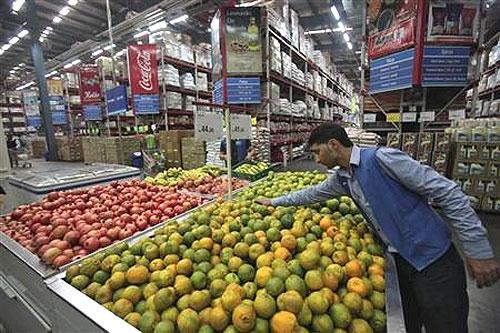
Just when the government thought it was done with the issue, Wal-Mart's disclosure in the US that it spent close to $25 million (about Rs 125 crore) since 2008 on its various lobbying activities, including on issues related to 'enhanced market access for investment in India', created furor again.
The Opposition stalled Parliament for many days on the issue.
As per Wal-Mart's lobbying disclosure reports, the company has continuously lobbied for its India entry since 2008, except for a few quarters in 2009.
The company, however, stressed that it did not pay bribes to anyone in India.
. . .
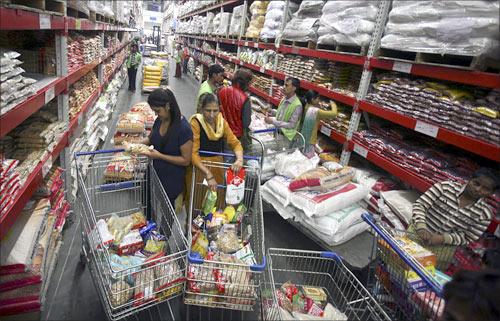
Another issue that created controversy was Wal-Mart's $100 million investment in Cedar Support Services, an arm of Bharti Ventures, when FDI in retail was not allowed here.
Now, the Enforcement Directorate is investigating the alleged violation of FDI regulations under Foreign Exchange Management Act, 1999, by cash-and-carry chain Bharti Walmart -- the equal joint venture between Wal-Mart and Bharti group.
Not only Indian authorities, Wal-Mart itself is probing allegations of corrupt practices against it in foreign markets, including India.
In March this year, the firm started a worldwide review of its policies, practices and internal controls for US Foreign Corrupt Practices Act compliance.
. . .
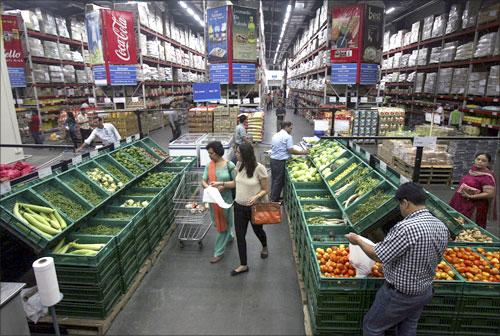
Another issue that created controversy was Wal-Mart's $100 million investment in Cedar Support Services, an arm of Bharti Ventures, when FDI in retail was not allowed here.
Now, the Enforcement Directorate is investigating the alleged violation of FDI regulations under Foreign Exchange Management Act, 1999, by cash-and-carry chain Bharti Walmart -- the equal joint venture between Wal-Mart and Bharti group.
Not only Indian authorities, Wal-Mart itself is probing allegations of corrupt practices against it in foreign markets, including India.
In March this year, the firm started a worldwide review of its policies, practices and internal controls for US Foreign Corrupt Practices Act compliance.
. . .

Following this, Bharti Walmart suspended five people, including Chief Financial Officer Pankaj Madan, as part of the global investigation.
After this, the JV decided to put a halt on opening of new cash and carry wholesale stores in India pending the probe.
While Wal-Mart hit the headlines in multi-brand, it was IKEA that made news continuously in the single-brand segment.
The Swedish furniture announced plans to invest Rs 10,500 crore (Rs 105 billion) in India to open 25 stores over a period of time.
It had proposed to invest Euro600 million (Rs 4,200 crore) to open 10 stores in the first stage.
. . .

The remaining Euro900 million (Rs 6,300 crore) for opening 15 more stores.
The Scandinavian retailer, however, wanted the government to relax the clause for mandatory sourcing of 30 per cent from MSMEs.
After months of dialogue, the government relented and relaxed it for single brand segment.
The IKEA Group, which manufactures and sells home and office furnishing products, applied afresh after the norms were relaxed.
In November, the Foreign Investment Promotion Board, cleared the proposal but out of 29 products, the company was prevented from selling 14 items like textile products, consumer electronics, leather products, lifestyle products and food and beverages at its restaurants and cafes.
. . .
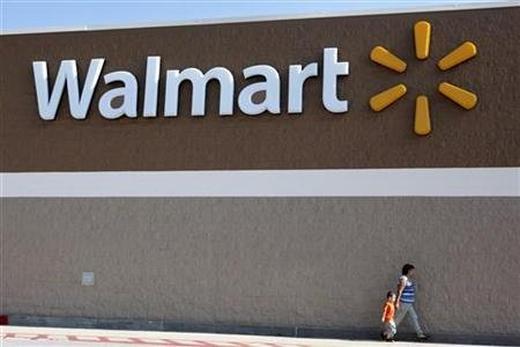
However, IKEA has approached FIPB again seeking a review of its earlier application so that it is allowed to open cafeteria at its proposed single-brand retail stores.
The proposal has already been scrutinised by the Department of Industrial Policy and Promotion in the Commerce and Industry Ministry.
Another proposal that FIPB cleared was that of British footwear retailer Pavers England to open fully-owned stores.
Besides, a 51 per cent joint venture of American luxury clothing retailer Brooks Brothers is the third proposals that got cleared.
Italian jewellery maker Damiani's plan to form a venture with Mehta's Pvt Ltd also received a nod from FIPB.
. . .
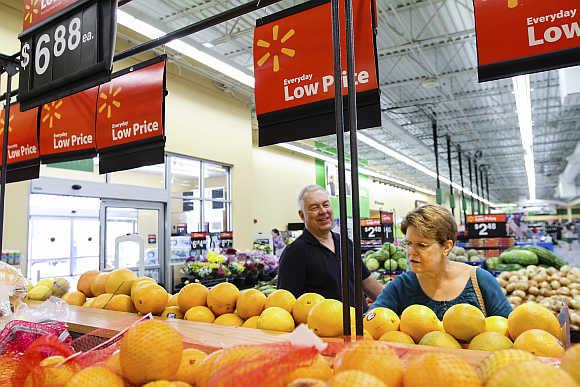
For German sportswear maker Adidas Group's arm Reebok India, it was a year trying to overcome the impact of an alleged a Rs 870-crore (Rs 8.7 billion) fraud by its former managing director Subhinder Singh Prem and chief operating officer Vishnu Bhagat, who allegedly indulged in 'criminal conspiracy' and 'fraudulent' practices over a period of time.
The case is being investigated by the Serious Fraud Investigation Office and the Income Tax Department.
Both the officials were arrested along with three others.
. . .
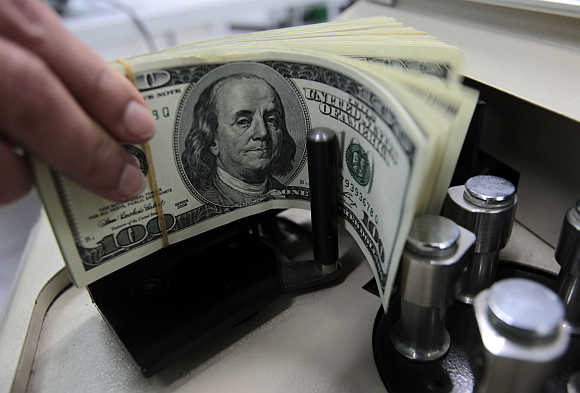
As per Adidas Group, it is expected to take a hit of Euro70 million (about Rs 490 crore) in its global operating profit in 2012 on account of 'irregularities' at Reebok India.
In addition to this financial irregularity, Reebok India also faced protests from its franchisees against the firm's plan to shut down one-third of its 900 Reebok stores here as a part of a restructuring strategy for the brand.
Although towards the end of the year progress was made regarding FDI in retail in India, the prolonged policy uncertainty made other global retail majors such as Tesco and Metro stay away.
. . .
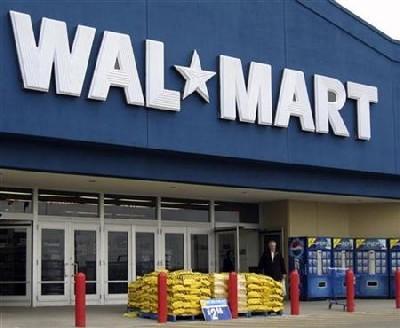
The UK-based retail giant Tesco said it was looking at opening retail stores in India, but it would have to first study the 'unusual' sourcing conditions for FDI in multi-brand segment before deciding on it. It had entered into a partnership with Tata group firm Trent in 2008 for providing back-end support to the latter.
Germany's Metro Group announced that it will not enter the front-end segment in India, citing unhappiness over pace of development and the need to 'remove barriers'.
The group, whose global revenue is equally contributed by both the front-end retail and the cash-and-carry businesses, said India needs to accelerate decision-making regarding economic policies.
. . .

In India, it is present for the last 10 years through only cash-and-carry wholesale segment and currently operates 12 stores.
During the year, domestic major Future Group struggled hard to reduce its huge debt burden of around Rs 6,000 crore (Rs 60 billion).
As part of this initiative, the Kishore Biyani-led entity gave away majority control of its flagship Pantaloon to Aditya Birla Nuvo Ltd for a total consideration of Rs 1,600 crore (Rs 16 billion).
In June, Future Group also sold majority stake in Future Capital Holdings to private equity firm Warburg Pincus for Rs 560 crore (Rs 5.6 billion).
. . .

It is also mulling stake sale in Future Generali Insurance, a JV with Italian insurer Generali Group.
Besides, the group may hive off part of its 70 per cent stake in Future Supply Chain, a supply management firm.
The remaining 30 per cent is held by Hong Kong-based Li & Fung, which is also interested in hiking its stake in the company.
Also, it planned to exit from stationery joint venture with US-based Staples by selling its entire stake to the partner for up to Rs 170 crore (Rs 1.7 billion).
Amid the controversies and uncertainties, experts and industry players are, however, very bullish on Indian retail's
growth story.
. . .
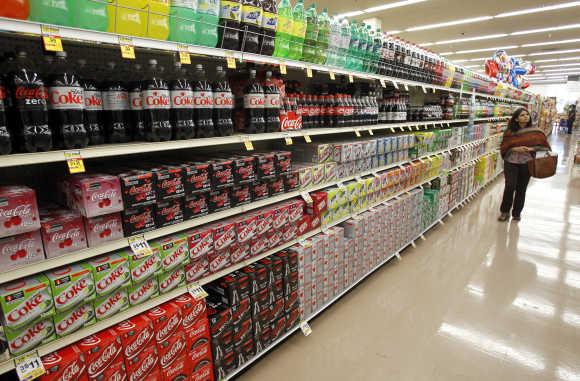
The domestic retail market is estimated to be worth about $500 billion currently and is pegged to cross $1 trillion mark by 2020, given the rising personal income and growing consumer spending trends.
According to a report by global consultancy major A T Kearney, the organised retail is expected to reach 25 per cent
of the overall market by 2020. The report had also said that India remains one of the most favourable destinations for
global retailers and an accelerated retail growth of 15-20 per cent.
Now that the foreign retailer have been granted a foothold in the market, only time will tell if the arrival will kill
the neighbourhood kirana stores or they will co-exist.